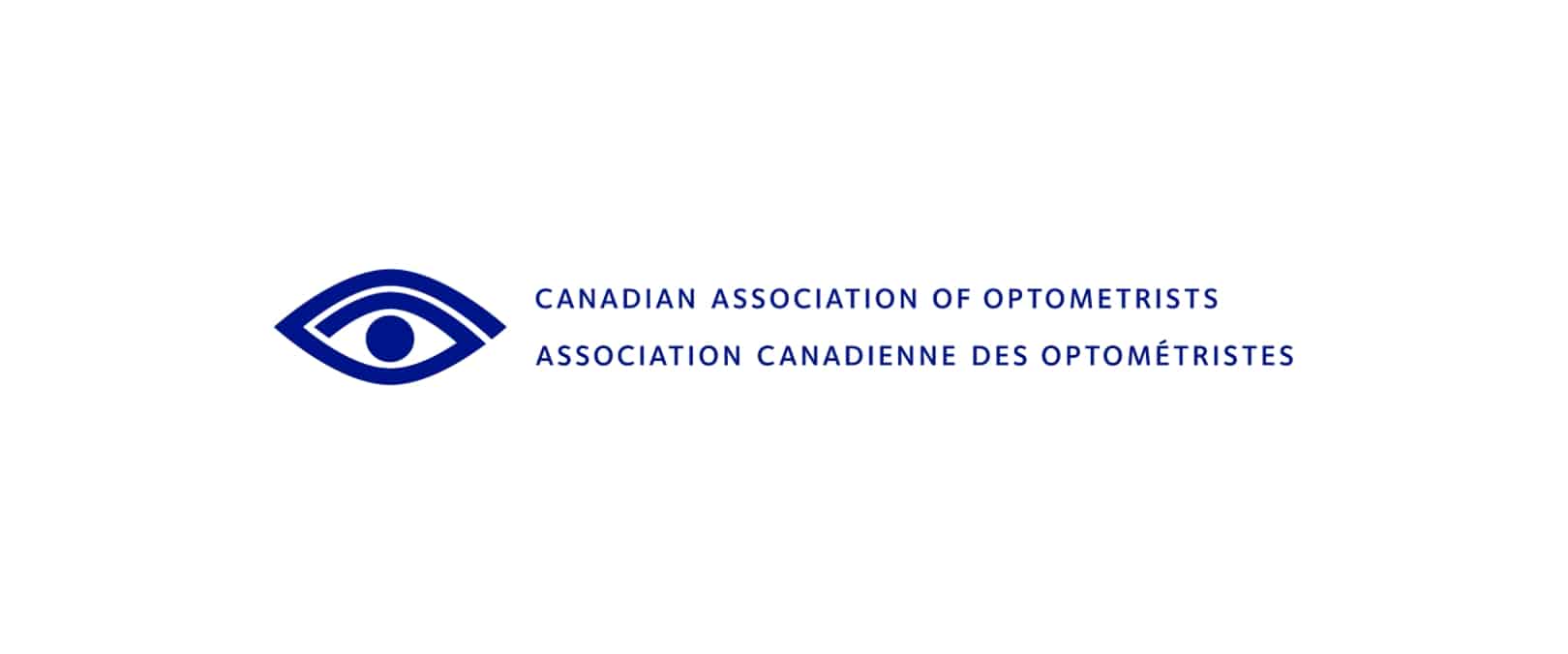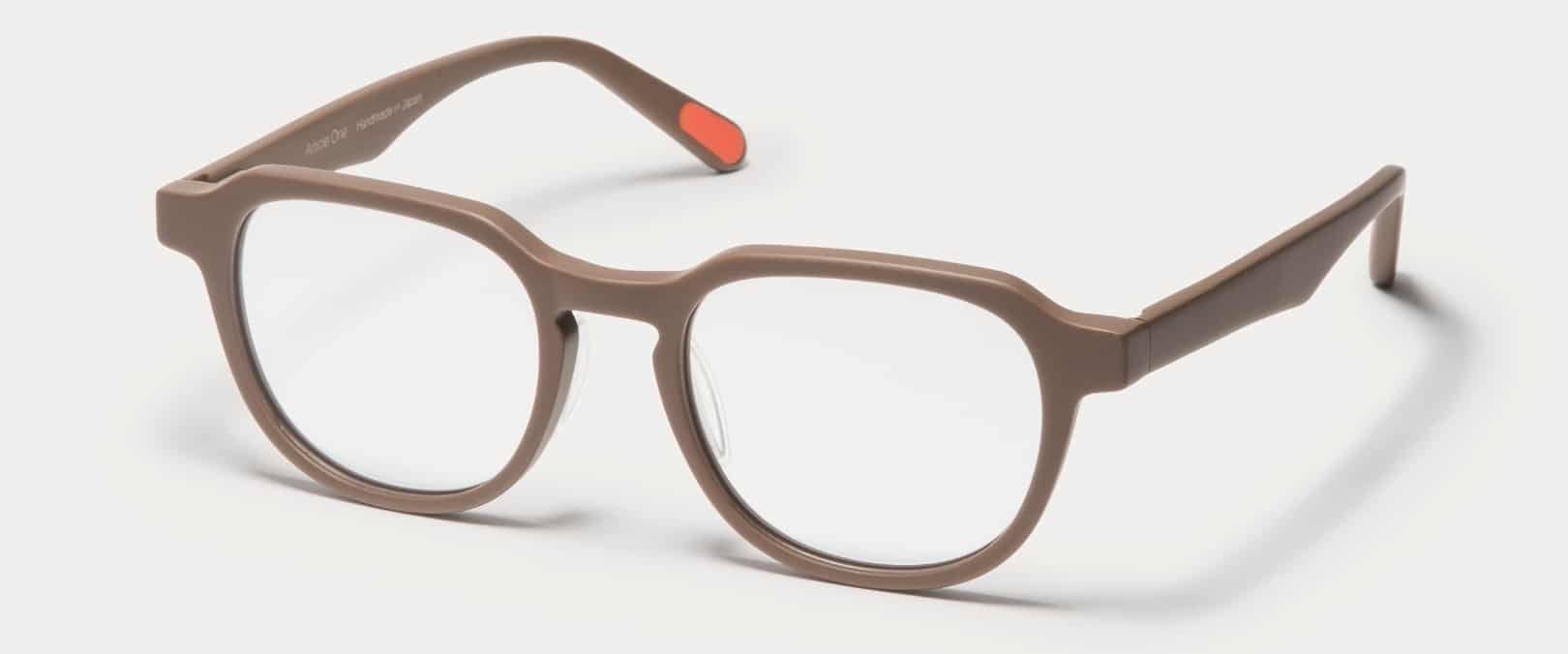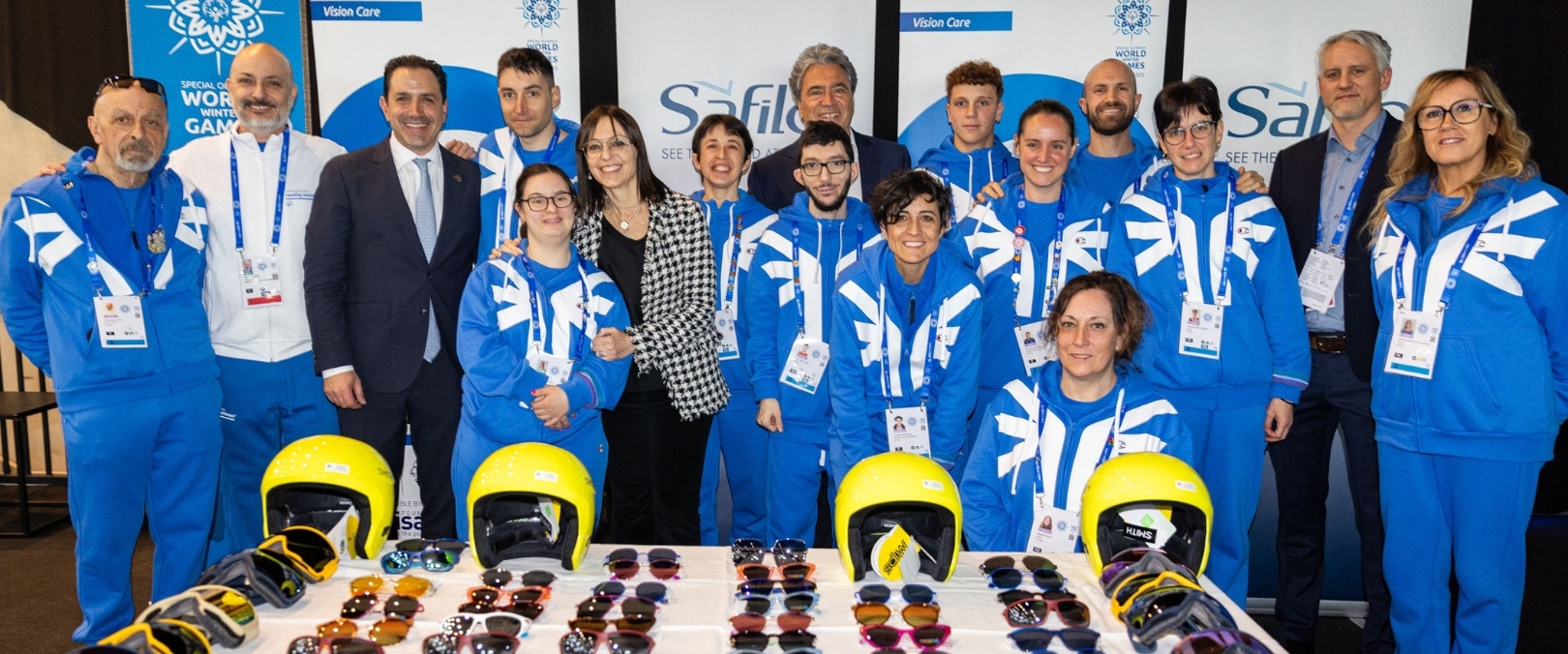Robotic Radiation Treatment May Help Treat Wet AMD
Wednesday, October 16 2024 | 13 h 46 min | Vision Science
A new study, published in The Lancet, suggests that a one-time radiation therapy may reduce the number of anti-VEGF injections needed for wet AMD.
Wet AMD occurs when blood vessels in the retina grow abnormally. The vessels can leak fluid and blood into the eye causing vision loss. Currently the standard treatment for wet AMD is injections of anti-VEGF medicine into the eye. These treatments can slow or stop the growth of blood vessels. However, injections must be taken every few months or even every month which can be a burden for patients.
In this UK-based study, a special robotic system was developed to deliver radiation very precisely to small areas of abnormal blood vessel growth in the retina. The trial involved more than 400 patients and researchers found that over a 96-week period, patients who received one radiation treatment required about a quarter fewer injections than patients who didn’t receive radiation.
The results from this study are promising and may provide a way to reduce burden associated with anti-VEGF injections. However, the study did have a few limitations. Patients in this trial received a type of anti-VEGF called ranibizumab (Lucentis) and it isn’t clear that the same benefit will be seen for patients who are taking newer anti-VEGFs which are longer lasting and already have a reduced injection frequency. More follow-up is also needed to ensure that the radiation doesn’t have any long-term side effects.
About Fighting Blindness Canada
Fighting Blindness Canada (FBC) is the largest charitable funder of vision research in Canada.
Over our 49-year history, FBC has contributed critical funding for the development of sight-saving treatments and cures for blinding eye diseases. By raising and stewarding funds, FBC is helping drive forward research that supports our goal of understanding why vision loss occurs, how it can be slowed and how sight can be restored.
We are an invaluable resource for individuals and families impacted by blindness, providing accurate eye health information through our website and educational events, as well as engaging with government and other stakeholders to advance better vision health policies.
Want to see more like this article? Click here to subscribe to our FREE print magazines and e- newsletters!








